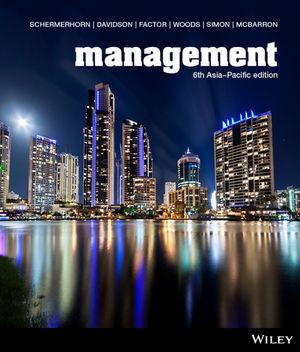Question
Flood control and management are critical aspects of civil engineering, particularly in regions prone to flooding due to factors such as heavy rainfall, river overflow,
Flood control and management are critical aspects of civil engineering, particularly in regions prone to flooding due to factors such as heavy rainfall, river overflow, storm surges, and inadequate drainage systems. Advanced techniques and strategies are continuously being developed and implemented to mitigate the impacts of floods and protect lives, property, and infrastructure.
Scenario: The city of Riverdale, located near a major river, has experienced recurrent flooding during the monsoon season, causing widespread damage to homes, businesses, and public infrastructure. In response to these challenges, civil engineers and urban planners have implemented advanced flood control and management techniques to enhance resilience and reduce flood risk.
Advanced Techniques Implemented:
Floodplain Mapping and Modeling:
Civil engineers use advanced Geographic Information Systems (GIS) and hydrological modeling techniques to map floodplains, identify flood-prone areas, and assess flood risk.
Accurate floodplain mapping helps inform land-use planning, zoning regulations, and infrastructure development to minimize exposure to flood hazards.
Stormwater Management Systems:
Innovative stormwater management systems, such as green infrastructure, permeable pavements, and rain gardens, are integrated into urban design to reduce runoff and increase infiltration.
These systems help mitigate flood risk by capturing and storing excess rainwater, reducing the burden on drainage networks and preventing urban flooding.
Flood Control Structures:
Structural measures, including levees, floodwalls, and embankments, are constructed along riverbanks and coastal areas to contain floodwaters and protect adjacent communities.
Advanced engineering techniques, such as reinforced concrete, geotextiles, and soil stabilization, enhance the durability and effectiveness of flood control structures.
Real-time Monitoring and Early Warning Systems:
Automated monitoring stations, river gauges, and weather forecasting technologies provide real-time data on water levels, rainfall intensity, and flood forecasts.
Early warning systems alert authorities and residents to impending flood events, allowing for timely evacuation, emergency response, and flood preparedness measures.
Case Study Question: What is the advanced technique for flood control and management involves the use of Geographic Information Systems (GIS) and hydrological modeling to map floodplains and assess flood risk?
Step by Step Solution
There are 3 Steps involved in it
Step: 1
The advanced technique for flood control and ...
Get Instant Access to Expert-Tailored Solutions
See step-by-step solutions with expert insights and AI powered tools for academic success
Step: 2

Step: 3

Ace Your Homework with AI
Get the answers you need in no time with our AI-driven, step-by-step assistance
Get Started


